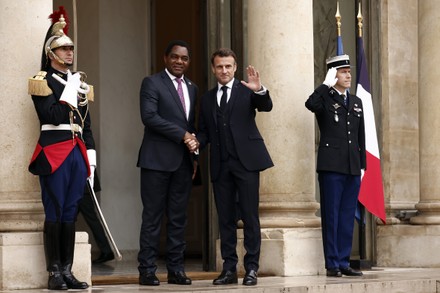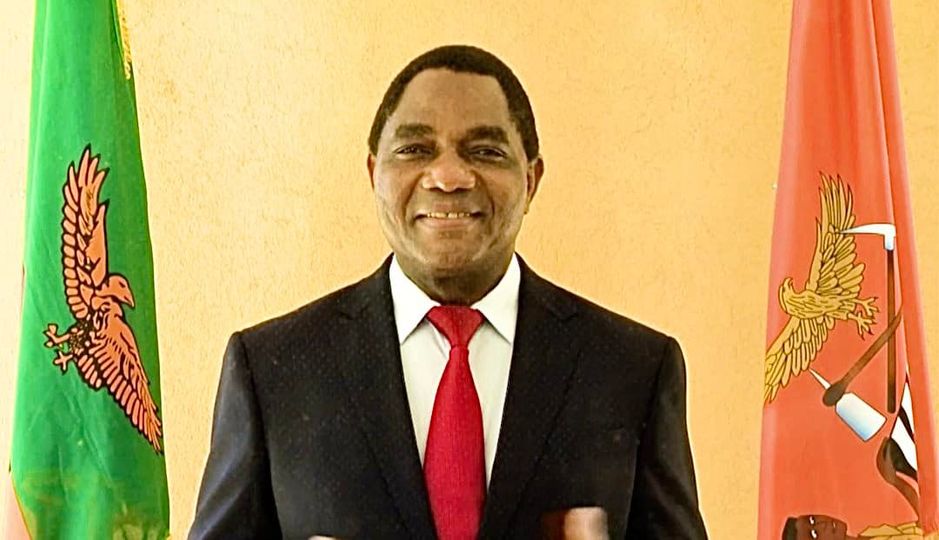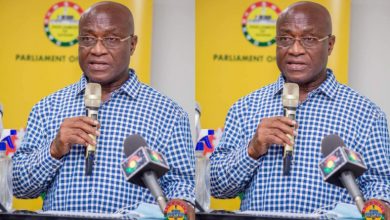
The general framework of a deal intended to help Zambia out of its debt crisis has been unveiled, allowing President Hakainde Hichilema to finally breathe a sigh of relief.
The copper-rich nation made history in 2020 when it became the first African country to miss a debt payment during the Covid pandemic.
Loans and high interest rates severely hampered the government’s ability to invest in vital social programs and infrastructure development, both essential for economic growth.
Zambia has successfully reached new repayment terms with its state creditors on up to $6.3 billion (£5 billion) in debt, including over $4 billion owed to China, after months of negotiations.
Zambia had grown frustrated with the slow pace of the negotiations, and some blamed China, although Beijing denied any involvement.
President of France Emmanuel Macron hailed the agreement as “historic” after playing a key role in convincing China to agree. The possibility exists that other debt-ridden countries could follow suit as a result.
The more than $6 billion owed to private lenders still needs to be addressed, Mr. Hichilema acknowledged on Twitter, adding, “but the hard work is not over yet”.
His promise to address Zambia’s financial problems, which he inherited from his two predecessors, Michael Sata and Edgar Lungu, who had permitted Zambia to take on sizeable loans to finance infrastructure projects, played a part in his election in 2021.

Although Zambia and the International Monetary Fund (IMF) had already agreed on a bailout, in order to release much-needed funds, Zambia had to restructure its debt.
Regaining financial stability, promoting sustainable growth, and ensuring the welfare of its citizens all depend on this debt restructuring process.
Zambia is expected to receive an extended repayment period of over 20 years, including a three-year grace period with interest-only payments, even though the deal’s specifics have not yet been made public.
The government has received praise from experts for securing the agreement, and they are optimistic that it will help Zambia’s economy.
Source-BBC





